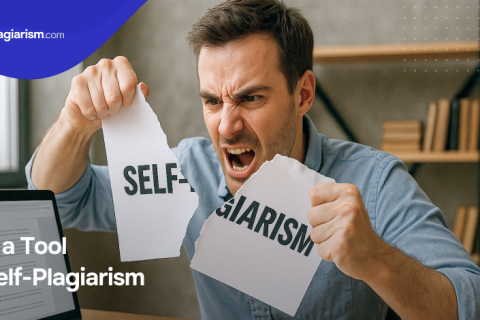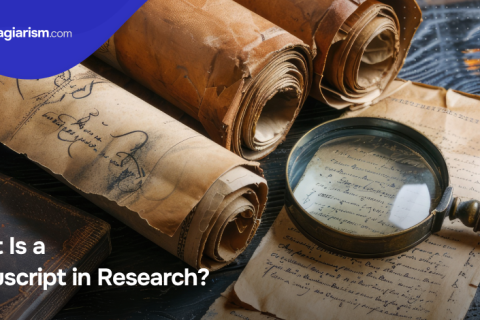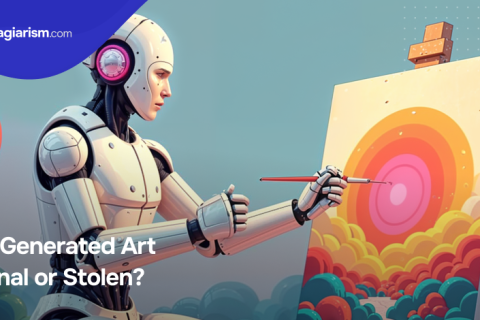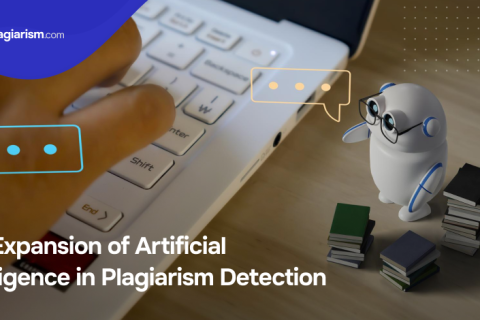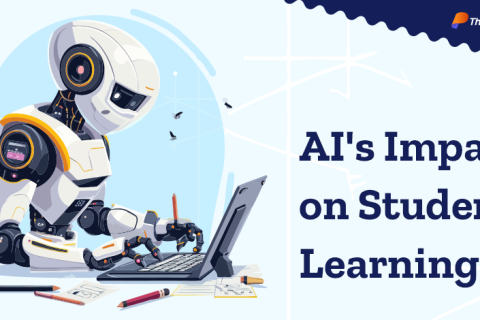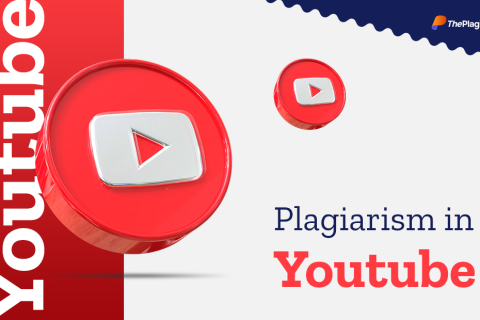Similarities and Differences between Plagiarism and Copyright Infringement
10 Dec 2018
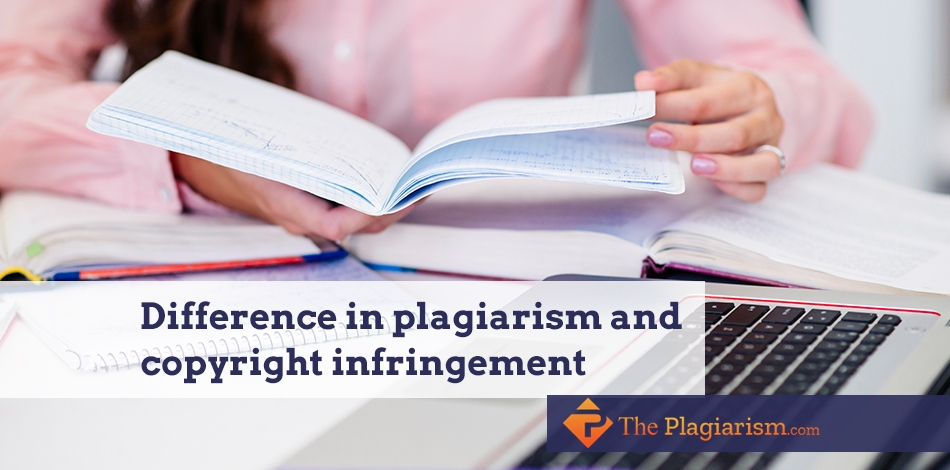
What are the Main Differences between Plagiarism and Infringement of Copyright?
Today’s information society witnesses the increasing importance of the copyright issue since recording, storing, archiving and transferring works with the use of digital technology have greatly impacted the range and ways of exploiting them. The issues of plagiarism have risen due to the fact that academic materials are largely available on the net. Thus, to plagiarize means to be academically dishonest and to break the ethics of journalism. Plagiarism and copyright are similar in many ways. The difference between plagiarism and copyright infringement is sometimes so subtle that they are often confused. The article explains the notions of copyright infringement and plagiarism as well as their similar and different features.
- What Is Copyright Infringement?
- What Is Plagiarism?
- How Similar Plagiarism and Copyright Infringement Are
- What are the Obvious Discrepancies Between Plagiarism and Copyright Infringement?
The infringement of copyright is any violation of the rights of the holder of the copyright. A copyright holder is granted a number of rights by the copyright law. A copyright holder is entitled to:
I. Reproduce or copy a work;
II. Create works that are derived from the original one;
III. Make copies of the work available for the public by distributing them;
IV. Perform a certain piece or exhibit it for the public.
So, if one performs a copyrighted work without being permitted or just makes copies of the copyrighted work, it means one commits copyright infringement.
While the infringement of copyright (or as people informally say – piracy) is the violation of law, plagiarism is the violation of ethics. In its broadest sense, plagiarism means presenting someone’s work as your own. The term “work” includes a number of things ranging from words and images to ideas. But not all spheres and industries define plagiarism in the same way. For instance, the standards a lawyer adheres to are quite different from those of a poet or a musician. Considering this, it is not always easy to understand whether the work was plagiarized or not.
However, it is clear that the main harm of plagiarism lies in getting credit for some ideas or works that belong to other people. The issue of plagiarism has become more serious with the re-use of any material found on the net without being authorized both intentionally and unintentionally.
Plagiarism and copyright seem to have a lot of similar features. Most works that can be subject to plagiarism could be subject to copyright. In most cases, these are academic works that are plagiarized and they usually qualify for the protection of copyright. However, an important point is that plagiarism often intersects with copyright infringement. Thus, the next time you copy an entry from the encyclopedia without making reference to it, you commit both copyright infringement and plagiarism. In this case, the difference between copyright infringement and plagiarism is almost intangible.
In the majority of cases, plagiarism is addressed to on the legal grounds based on the copyright law. That is why should an advertisement contain commercial plagiarism, it may well lead to a lawsuit.
The basic difference lies in the fact that plagiarism is not always infringement and infringement is not always plagiarism, since copying parts of works that belong to the public domain cannot be considered plagiarism and copyright does not necessarily cover the things that can be plagiarized.
It should also be mentioned that once you have got a permission to use any kind of work, you do not commit infringement though you might still plagiarize. Besides, most infringements of copyright do not depend on whether the use of the source is attributed or not. For instance, passing out copies of a piece of fiction without getting permission does not mean committing infringement despite the fact that you might want to take credit for it or not. At the same time, plagiarism may affect the damages awarded in case of a lawsuit while attribution does not lead to making an act of infringement legal.
Although copyright infringement and plagiarism are often described as similar notions, it is essential to understand that they are different terms. A work may be plagiarized irrespective of its copyright protection. Besides, you must always remember that plagiarism harms the reputation and is qualified as an ethical offense.
In case of the infringement of copyright, there is one victim (the holder of copyright) while in case of plagiarism there are usually two victims, the holder of copyright and a person who was taken in by the writer concerning the origin of the work.
Another difference lies in the nature construct since plagiarism is an ethical notion while copyright infringement is an illegal act.
There are a lot more factors which explain the difference between plagiarism and copyright infringement and they have to be thoroughly investigated by every diligent student or respectful writer to freely create original works and be proud of such efforts!

